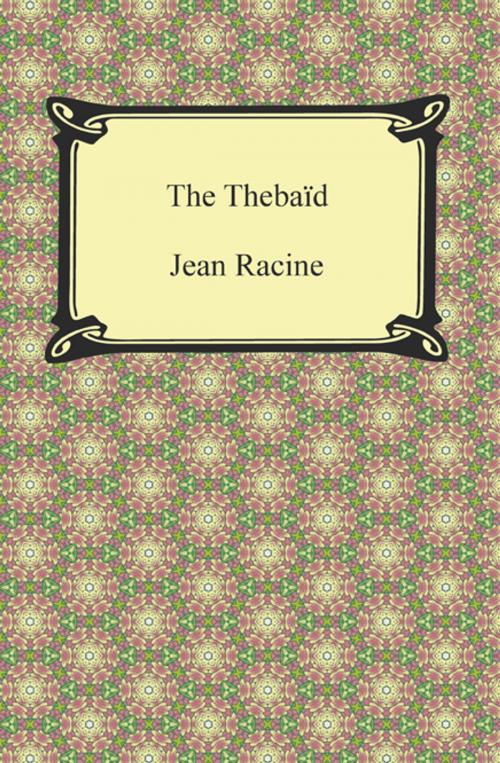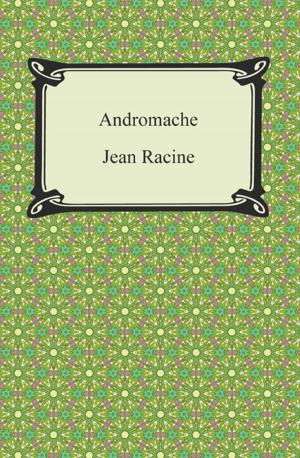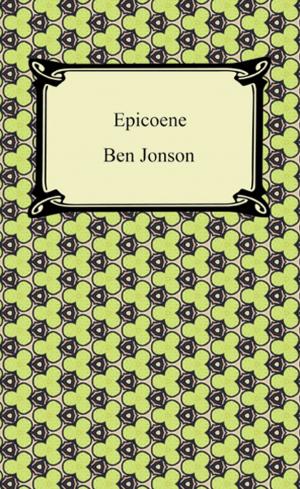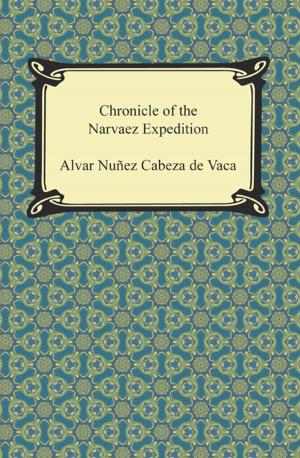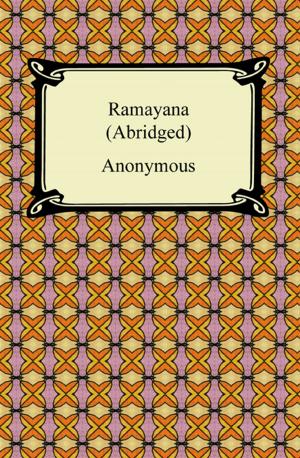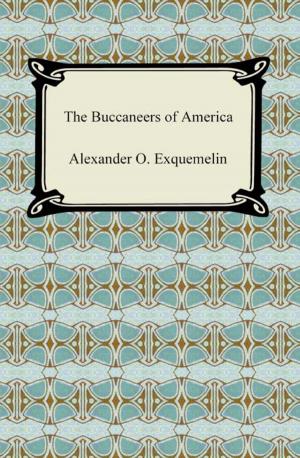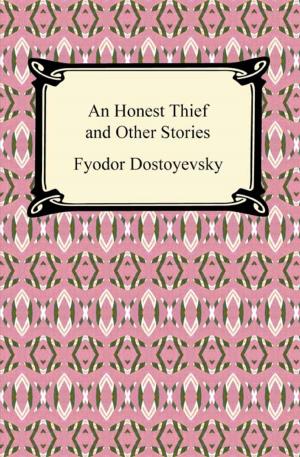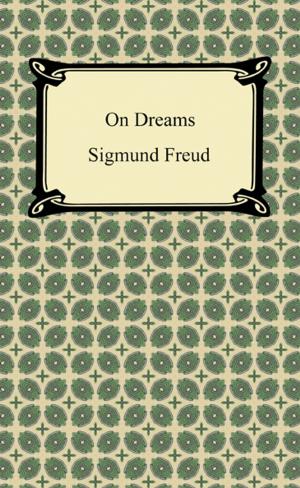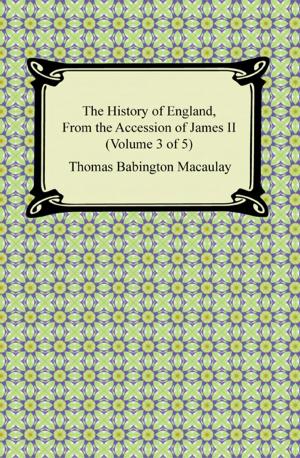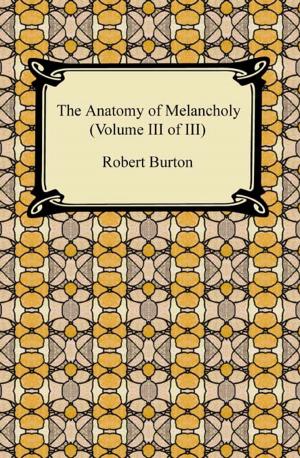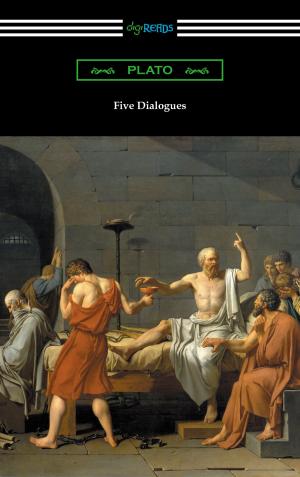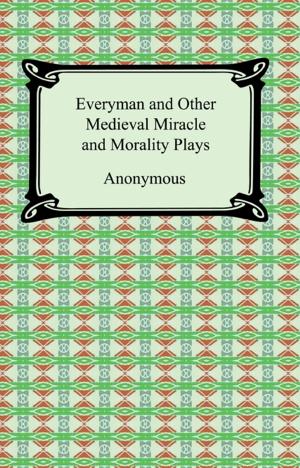| Author: | Jean Racine | ISBN: | 9781420949124 |
| Publisher: | Neeland Media LLC | Publication: | December 15, 2009 |
| Imprint: | Digireads.com Publishing | Language: | English |
| Author: | Jean Racine |
| ISBN: | 9781420949124 |
| Publisher: | Neeland Media LLC |
| Publication: | December 15, 2009 |
| Imprint: | Digireads.com Publishing |
| Language: | English |
The 17th century dramatist Jean Racine was considered, along with Molière and Corneille, as one of the three great playwrights of his era. The quality of Racine's poetry has been described as possibly his most important contribution to French literature and his use of the alexandrine poetic line is one of the best examples of such use noted for its harmony, simplicity and elegance. While critics over the centuries have debated the worth of Jean Racine, at present, he is widely considered a literary genius of revolutionary proportions. In this volume of Racine's plays we find "The Thebaid", the first of twelve plays by the author. Racine draws upon Sophocles' "Antigone" and Euripides' "Phoenician Women" for this drama. The play concerns the struggle and death of the young son of Oedipus, as well as that of Antigone. The plot follows that of the other Theban plays in which we find Eteocles and Polynices, two warring brothers, Jocasta, their mother, Antigone, their sister, and Menoeceus and Haemon, their two cousins. All attempt unsuccessfully to quell the conflict between these two brothers in this tragic drama.
The 17th century dramatist Jean Racine was considered, along with Molière and Corneille, as one of the three great playwrights of his era. The quality of Racine's poetry has been described as possibly his most important contribution to French literature and his use of the alexandrine poetic line is one of the best examples of such use noted for its harmony, simplicity and elegance. While critics over the centuries have debated the worth of Jean Racine, at present, he is widely considered a literary genius of revolutionary proportions. In this volume of Racine's plays we find "The Thebaid", the first of twelve plays by the author. Racine draws upon Sophocles' "Antigone" and Euripides' "Phoenician Women" for this drama. The play concerns the struggle and death of the young son of Oedipus, as well as that of Antigone. The plot follows that of the other Theban plays in which we find Eteocles and Polynices, two warring brothers, Jocasta, their mother, Antigone, their sister, and Menoeceus and Haemon, their two cousins. All attempt unsuccessfully to quell the conflict between these two brothers in this tragic drama.
